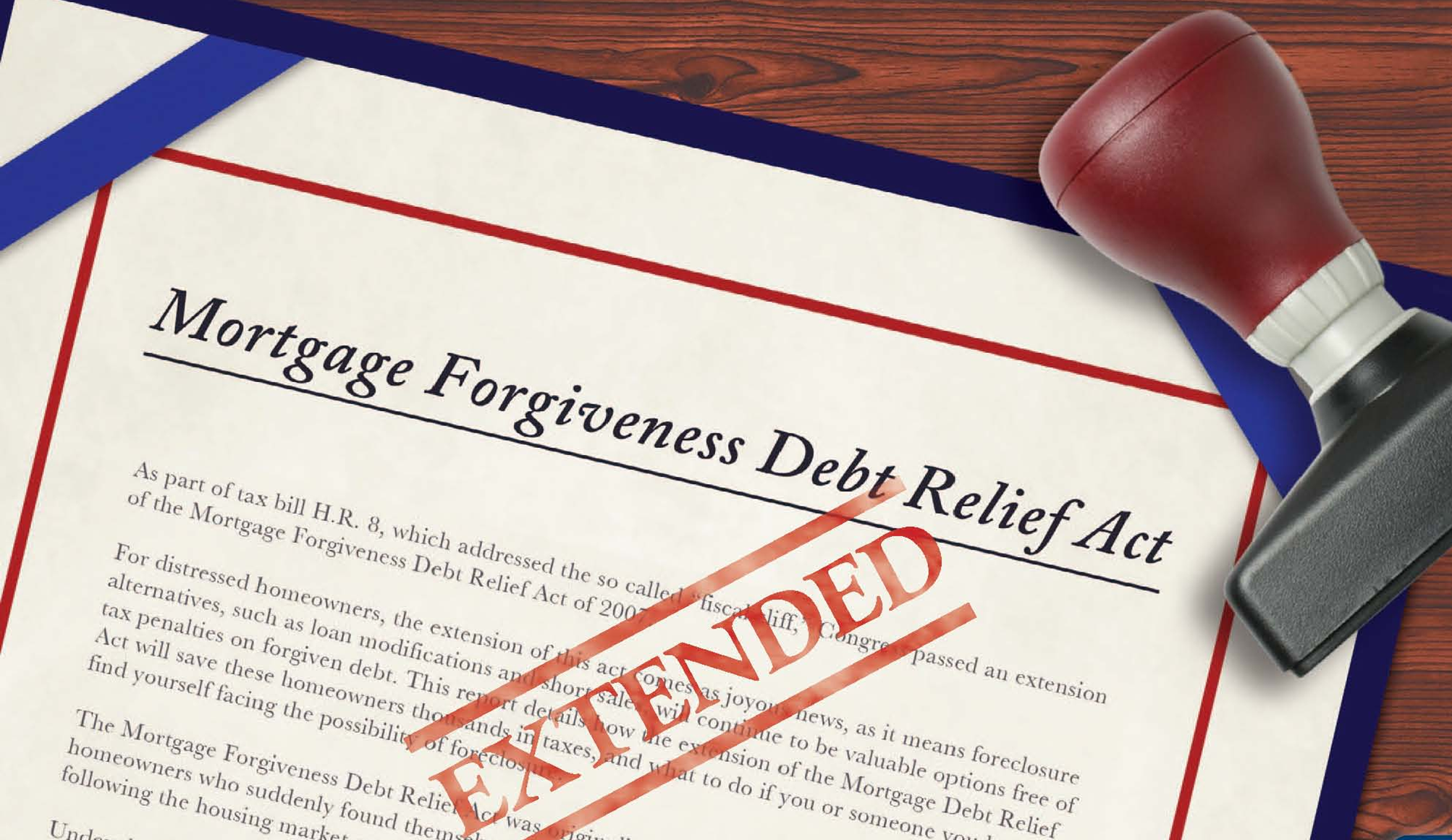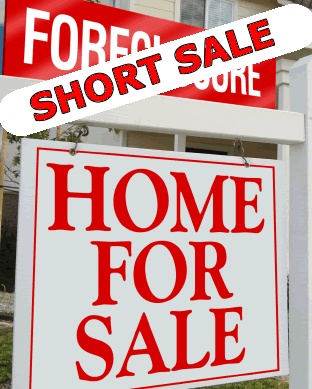Mortgage Debt Forgiveness Act of 2014 Passed

Mortgage Debt Forgiveness Act of 2014 was passed by the U.S. Congress in the last minute session as part of a larger bill called the Tax Increase Prevention Act of 2014 which was House Bill H.R. 5771 which passed the U.S. Senate on December 16, 2014, by a vote of 76-16. The bill had already passed the House of Representatives on December 3, 2014. The bill was sent to President Obama for signature into law after the Senate passed the bill.
 The Bill provides Mortgage Debt forgiveness for people that s0ld their home in 2014 as a short sale or for people that were foreclosed on in 2014. Without the passage of this bill, the difference between what was owed by the borrower and what was paid to the lender would be counted as income on their Federal Income Taxes for 2014. This is termed “forgiveness” of debt by the creditor and the IRS views this as income. This extension of the mortgage debt forgiveness act allows taxpayers to exclude the forgiven debt from their federal tax returns.
The Bill provides Mortgage Debt forgiveness for people that s0ld their home in 2014 as a short sale or for people that were foreclosed on in 2014. Without the passage of this bill, the difference between what was owed by the borrower and what was paid to the lender would be counted as income on their Federal Income Taxes for 2014. This is termed “forgiveness” of debt by the creditor and the IRS views this as income. This extension of the mortgage debt forgiveness act allows taxpayers to exclude the forgiven debt from their federal tax returns.
Without the passage of this extension of the act, and assuming a 28 percent tax bracket, every $10,000 in forgiven debt would make a homeowner liable for an additional $2,800 in taxes. The “extra” income also could push a taxpayer into a higher tax bracket. For example, someone that owed $300,000 on a home and sold it “short” for $200,000 would owe $28,000 in income tax for 2014!
The Debt Forgiveness Act is effective retroactive to January 1, 2014, but expires again on December 31, 2014, so if Congress doesn’t extend again, then homeowners experiencing a short sale or foreclosure in 2015 will have to deal with this income tax issue when they file their 2015 Federal Tax Returns.
Without the passage of this bill, the forgiven debt can be so large that it drives people into bankruptcy to get out from under the tax burden of this “phantom” income. We call it phantom income because the homeowner never actually received the money.
In order to qualify for the forgiveness of mortgage debt, the property must have been your primary residence.
If you experienced a short sale or a foreclosure, you need to start rebuilding your credit and working toward owning a home again. The waiting period for owning a home again is as short as 1 year from a short sale or a foreclosure if you qualify under a special Back to Work Program. For more information on rebuilding your credit or finding out how to qualify for a mortgage to purchase a home after short sale or foreclosure, call our office at 302-703-0727 or you can APPLY ONLINE.
John R. Thomas – NMLS 38783
Certified Mortgage Planner – Primary Residential Mortgage, Inc.
302-703-0727 DE Office / 610-906-3109 PA Office / 410-412-3319 MD Office
248 E Chestnut Hill Rd, Newark, DE 19713
